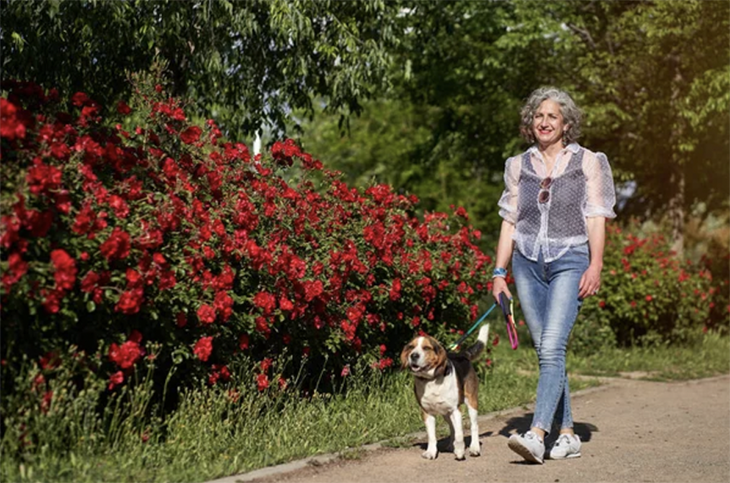
A recent study conducted on nearly 8,000 participants has unveiled a remarkable connection between pet ownership and cognitive health among individuals aged 50 and above who live independently. The findings suggest that caring for a pet could potentially mitigate cognitive decline in this demographic.
Researchers observed that pet ownership was linked to a decelerated rate of decline in both verbal memory and verbal fluency among older adults who resided alone. This significant association sheds light on the potential benefits of pet companionship in fostering cognitive well-being.
The study, which analyzed data from 7,945 predominantly white British participants enrolled in the English Longitudinal Study of Ageing, revealed compelling insights. With an average of 66, the participants were followed over an eight-year period, during which more than a third of the cohort (35.1 percent) reported owning pets. Notably, approximately 30 percent of the group lived in solitary arrangements.
Historically, solitary living has been identified as a risk factor for dementia and cognitive decline. However, intriguingly, among individuals living alone, the presence of dogs or cats was associated with diminished feelings of loneliness. This suggests that pet ownership may serve as a protective factor against social isolation, a known contributor to cognitive deterioration.
While some previous studies have hinted at a positive correlation between pet ownership and cognitive function, others have yielded inconclusive results.
The latest research, published in JAMA Network, sought to delve deeper into the relationship between independent aging – a phenomenon increasingly prevalent in modern society – and pet companionship. The outcomes of the study were very clear.
Study corresponding author, Professor Ciyong Lu, of Sun Yat-sen University in Guangzhou, China, said, “Pet ownership offset the associations between living alone and declining rates in verbal memory and verbal fluency.”
it revealed pet ownership as “a significant modifier” in three key aspects of cognitive health: composite verbal cognition, verbal memory, and verbal fluency.
The authors add, “Pet ownership was associated with slower rates of decline among older adults living alone.”
Interestingly, the benefits of owning a cat or dog were not observed among older individuals who cohabitated with others. This suggests that the protective effects of pet companionship may be particularly pronounced in individuals living independently, where the companionship of a furry friend may offer solace and companionship.
“These findings suggest that pet ownership may be associated with slower cognitive decline among older adults living alone,” they said.
Professor Lu, a lead researcher involved in the study, advocates for further exploration through clinical trials. Such trials hold promise in elucidating the mechanisms underlying the observed associations and could potentially inform public health initiatives aimed at addressing dementia among the elderly.



